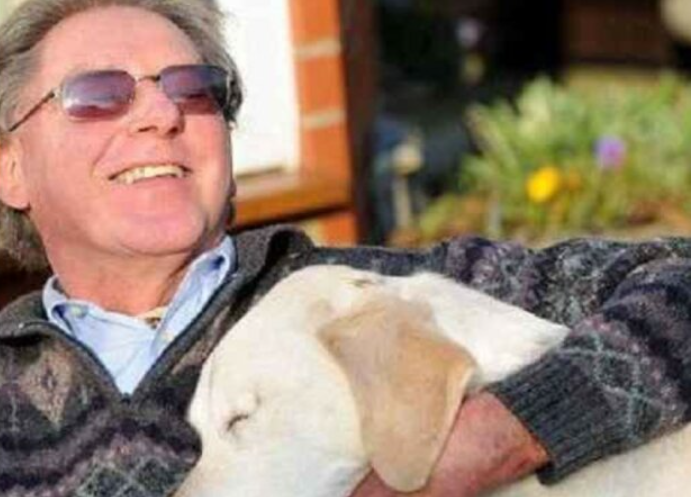


What I learned was that it’s common to want things that prosecution alone cannot provide. When you lose someone to homicide, I presume you think about that loss every day of your life. She also welcomed an ongoing MacArthur Foundation study of her office-and publicized its first wave of data in December 2018-despite the finding that some of the lawyers who worked for her were “defensive about race.” Although Florida would have the highest incarceration rate in the world if it were a country, almost a third of Nelson’s staff believed that the courts were “too lenient on defendants.” During her campaign, she used the example of three children stealing a loaf of bread to explain to a local newspaper why she rejected one-size-fits-all punishments: “One steals because he was dared, one because he’s hungry, and one because he thinks it would be fun.” When we met, she chatted unguardedly about racial disparities in the criminal-justice system. Yet Nelson, the daughter of a sheriff’s deputy, is a believer in alternative sentencing. In the 2016 election, Corey was ousted by Melissa Nelson, a younger and significantly more charismatic Republican, who campaigned on a platform of being “tough but fair.” Hardly one of the so-called progressive prosecutors promising to reduce punishments for crimes in places like Philadelphia, Chicago, and San Francisco, she supports the death penalty and has boasted about her record of putting away “drug traffickers, robbers, rapists, and murderers,” including a man who chopped a couple to death with an ax. She once made national headlines for charging a 12-year-old boy with first-degree murder, prompting a cover story in The Nation headlined “Is Angela Corey the Cruelest Prosecutor in America?” Under the leadership of Angela Corey, the state attorney there from 2009 through 2016, hundreds of children-disproportionately Black children-were charged as adults, and more people were sent to death row than in nearly any other jurisdiction in the country. Jacksonville, the murder capital of Florida, seems an unlikely place to find a more merciful response to homicide. This arrangement, brokered by Jacksonville’s newly elected state attorney, was essentially unprecedented in the history of homicide prosecutions in the United States. In return, he would be spared the death penalty and instead spend his life in prison-but only if the Lileses felt satisfied that he had told the truth. The defendant had agreed to tell Mike and his family everything about the murder and to plead guilty. Did you have an accomplice? Did Debbie try to get away? Why us? Even after a police investigation and a year of pretrial hearings, he was plagued by questions. He placed his tattered King James Bible on the conveyor belt, planning to read a passage to her murderer, perhaps from Matthew 5:39: “But I say unto you, That ye resist not evil: but whosoever shall smite thee on thy right cheek, turn to him the other also.” More than anything, Mike wanted answers. Wearing his Sunday suit, Mike could hardly keep his head up as he walked through security-the violent killing of his wife of 41 years had hobbled him physically and mentally. Your life has value, he hoped to tell him.Īfter a while, their father, Mike, joined them and their other siblings, Rachel, 43, and Rockey, 26. Attempted suicide at age 13 because, he said, “nobody wanted him.” Gerald wanted to believe that this man was just broken, not beyond repair. Sexually abused, whipped with extension cords, placed in more than 20 different foster homes. Repeatedly abandoned as a toddler with no food for days at a time. Their brother Gerald, 34, the philosopher of the family, sat thinking about a court document he’d read that detailed the perpetrator’s childhood. Photo of Johnie Lewis Miller by Bron Moyi for The Marshall Project and The Atlantic Photos by Kathryn Harrison for The Marshall Project and The Atlantic This article was published in partnership with The Atlantic.


 0 kommentar(er)
0 kommentar(er)
